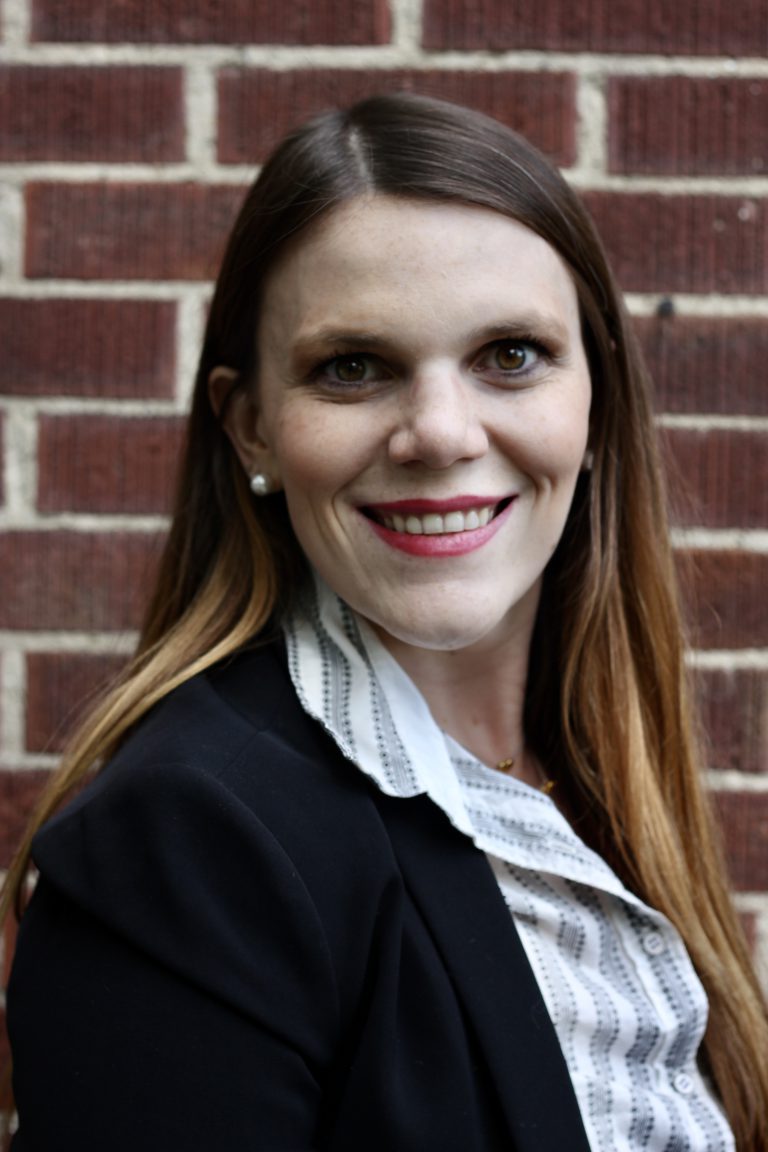
Human Behavior: Response To COVID-19 Part Two

Part Two: Public Health
by Liz Dobbins (’21)
Requiring seat belts, ensuring food safety, mandating vaccines, and requiring face masks during a global pandemic: all of these are measures and programs put in place by public health officials. Some have been widely accepted and followed, while others fall into controversy. Wearing a mask in public, for example, has received many headlines lately. Why is that? In part, it all leads back to politics. “Politics is one of the biggest barriers for public health officials to make the strides that they want to improve human health,” says Colette McAfee, a Westminster College professor and public health expert.
Colette has dedicated her life to public health, educating students in both the undergraduate and graduate public health programs at Westminster; researching health disparities associated with socioeconomic status, gender, race, ethnicity, and personal beliefs or fears; and helping advocate for policies that empower people to make changes to their health. “I specifically have a focus in health behavior and health education,” she says. “I focus on the social and behavioral factors of public health and how these factors impact health outcomes for different populations.”
When it comes to our current world—wearing masks, following arrows on the floor, maintaining social distance—public health experts have worked together to find the common good, which Colette defines as something that is helpful to everybody. However, in an individualistic country like the United States, these decisions meet a lot of pushback. “One of the things that makes public health pretty controversial, or it makes it difficult to change people's behavior, is that recommendations or policies can be seen as an inconvenience,” she says. “Usually when we're planning public health programs, we try to do things that incentivize people to get something good out of it, or you try to reduce inconveniences or barriers as much as possible, because those two things can heavily influence behavioral choices. When something's being seen as an inconvenience—or even it can be seen as an infringement on personal rights—that can cause many issues, especially when we live in a society that is extremely individualistic in philosophy.”
This feeling of inconvenience is picked up on by the media and politicians, putting a spotlight on the issue and causing people to do the opposite of what’s recommended. “Many public health initiatives are often turned into moral debates or are used for political arguments without really considering the health benefits of those initiatives,” Colette says. “If we are thinking about the pandemic and something as simple as wearing a face mask, it's turned into this political issue where some individuals feel like it's infringing on their personal autonomy. Then different politicians amplify these debates and really capitalize on those to try and push their political agenda forward.”
Getting the population to comply with policies, combating misinformation, and overcoming political agendas is a huge area of public health. A helpful way to influence people into complying and listening to accurate information is by gaining trust, Colette says. “That's another aspect of public health: really trying to build trust with communities before you can make changes in health outcomes,” she says. “I think some populations don't always think that public health officials have their best interests at heart. Sometimes it's hard for people to trust public health professionals recommending something that is helpful to everybody or considering the common good versus just the individual.”
Colette says the Westminster community (and, really, any community) can help public health experts in this plight of trust through leading by example—wearing masks in public, maintaining social distance, following safety protocols. “Use your voice to advocate for the correct behaviors and the correct things we should be doing to keep everybody safe,” she says. “Also, make sure you are accessing non-biased and accurate information. For example, a lot of people access certain media sites that only sway one side politically, which is fine if you want to read from those sources, but also read the other side. Having a critical eye for things is really important when trying to access the correct and most helpful information to keep yourself and the community safe.”
Reliable resources Colette recommends for COVID-19 updates:
- American Public Health Association
- Centers for Disease Control
- JAMA Network
- National Institutes of Health
- Pew Research Center
- PubMed.gov
- Robert Wood Johnson Foundation
- World Health Organization
About the Westminster Review
The Westminster Review is Westminster University’s bi-annual alumni magazine that is distributed to alumni and community members. Each issue aims to keep alumni updated on campus current events and highlights the accomplishments of current students, professors, and Westminster alum.
GET THE REVIEW IN PRINT Share Your Story Idea READ MORE WESTMINSTER STORIES